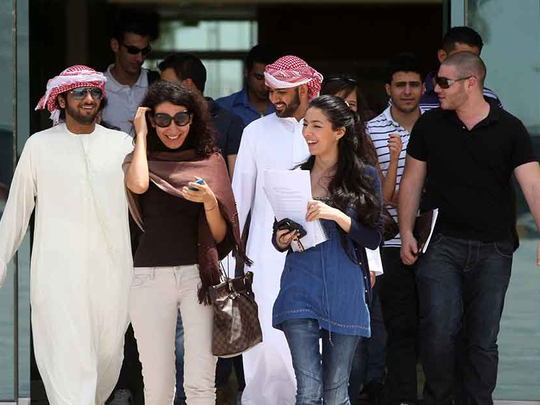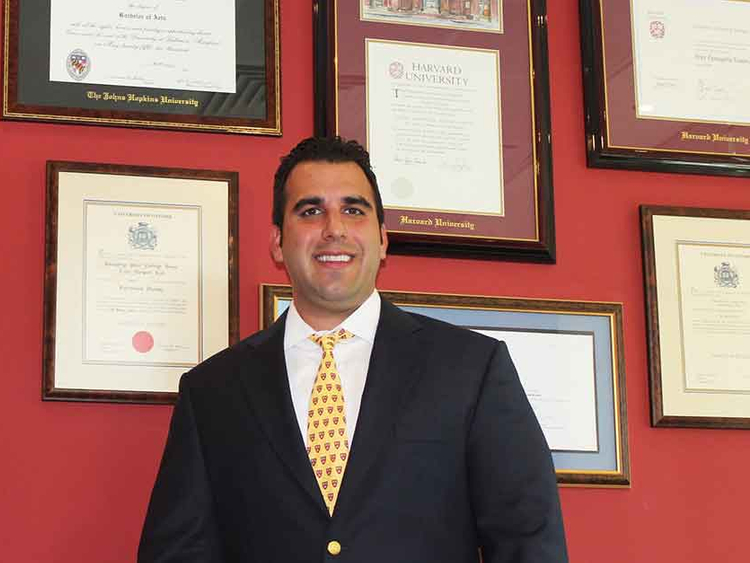
They say you can’t put a price on education, but for hardworking parents you most definitely can.
UAE universities fall into two camps, state funded and private. Private universities are free to set their own fees and they are calculated on semester credit hours. So it is vital to check the number of credits to complete the course. For example, British institution Middlesex University charges Dh10,000 for 30 credits but you need to complete 120 credits a year, so the total annual cost would be Dh40,000.
“When putting money aside in advance, it’s important to remember that fees are likely to rise considerably by the time your children are old enough to start and you also need to consider additional expenses, such as the cost of living,” says Brendan Dolan, Regional Director of investment solutions firm Old Mutual International for Middle East and Africa.
“The first step for parents is asking themselves these simple questions; is my child likely to go to university one day? Do I have a savings plan in place? If they are in any doubt, then we suggest talking to a financial adviser about saving for their children’s university education as soon as possible.”
So realistically, when should parents who intend their kids to get higher education start to put money away? Peter Davos, Founder & Managing Director at admissions experts Hale Education Group, says procrastination will prove painful later on.
“Given the scale of these costs, parents should begin saving specifically for university as early as possible – don't wait until the student begins high school. Families must also openly and realistically discuss university options and family finances before beginning the application process.”
He added: “The true cost of attendance is not known until the student receives his or her admissions packet. However, the total cost of completing a degree over four years may approach Dh1 million. This means many families will need to look at alternative solutions.
“If parents do their research right, and are flexible enough to consider a wide variety of schools, they can secure considerable scholarships,” advises Davos. “Many private schools award a large portion of their students amounts that range from Dh18,000 per year to full scholarships. Parents should also be aware that tuition and fees will increase slightly each year that their child is attending.”
Accommodation can be one of the biggest expenses; some universities have their own such as Sorbonne Abu Dhabi, where housing costs around Dh3,500 a month. Plus, specialist private providers such as Uninest offers concierge accommodation for students all over Dubai inclusive of bills and transport.
As higher education increasingly becomes one of the most important investments people can make in their lifetimes, experts warn it is crucial be financially prepared for this goal. That doesn’t mean the cost isn’t worth it – just that breaking the bank all at once is not the best option.
Despite the cash outlay, the process of earning a degree has benefits that last a lifetime. Writing on the topic of whether paying for university is really worth it, Bruce D. Benson President of the University of Colorado in the US says the gains for students can be immense.
“College graduates are generally better at analytical thinking, have the ability and desire to be lifelong learners, demonstrate an enthusiasm for challenges and responsibilities and have a broader base of knowledge to build on as they proceed through their lives,” he writes.
“In addition to increased earning, a college education provides value in other ways. Studies show college graduates have more economic stability and opportunity, greater job satisfaction and are less likely to depend on government assistance… once earned, a university degree is forever.”














